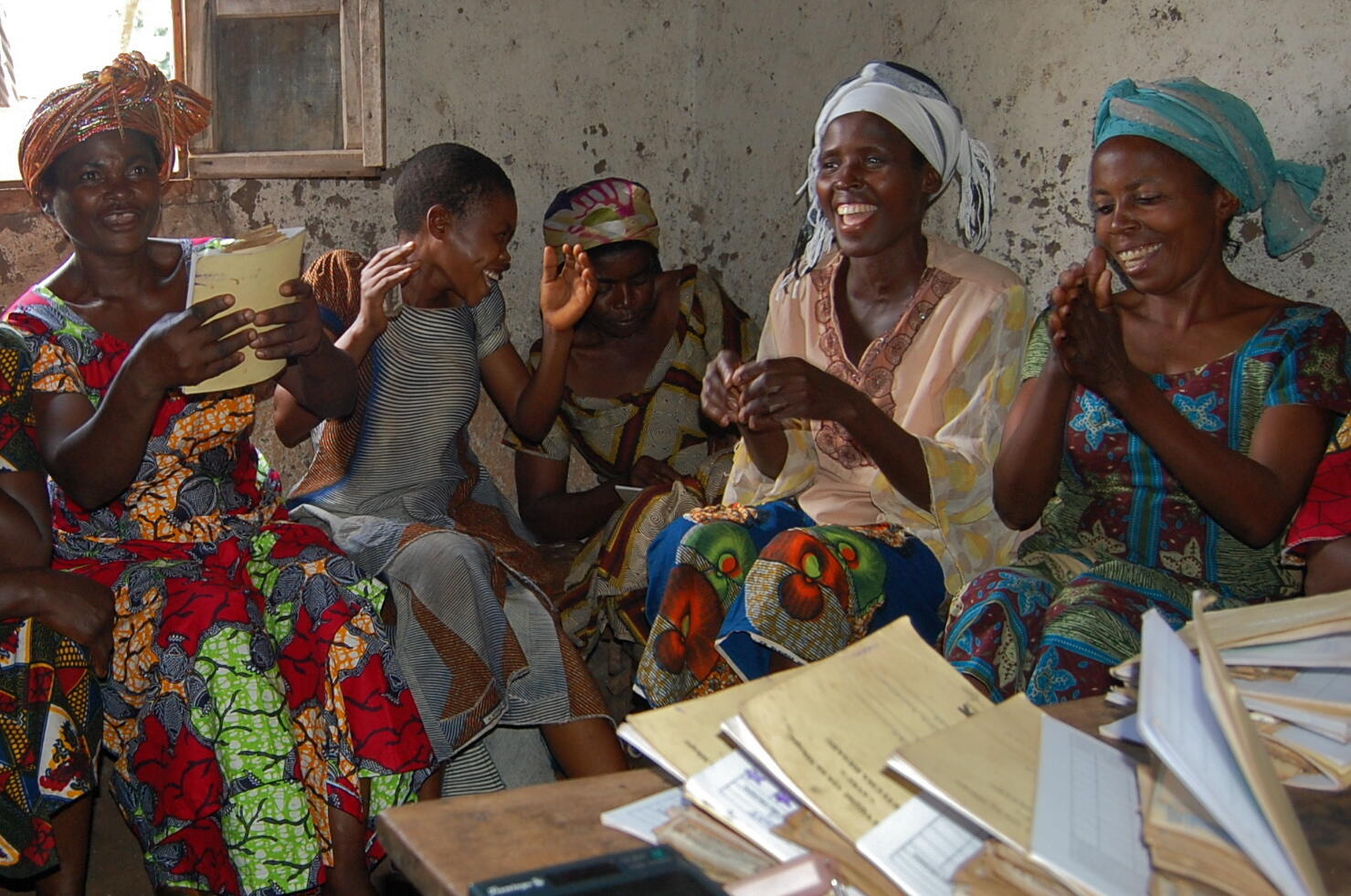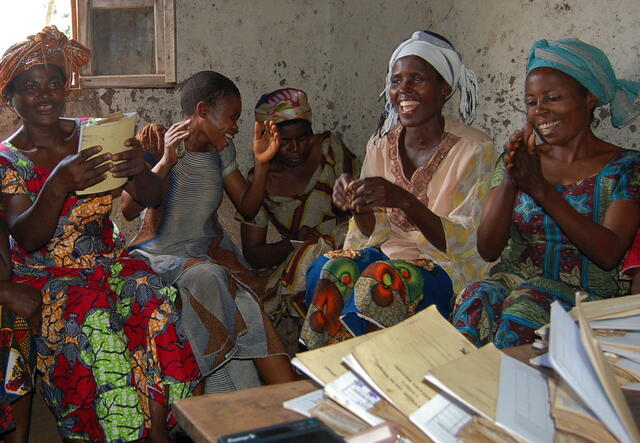

By Diana Trimiño
2014 will see International Women’s Day focus on “Equality for women is progress for all”: a day to reflect on the progress we have achieved, to call for further change and to celebrate ordinary women who play extraordinary roles every day.
Yet progress does not reach women around the world in equal ways. During and after conflicts and natural disasters, women and girls are more threatened by violence than ever. They survive in the utmost difficult and threatening circumstances. Destruction, flight and upheaval grind down the protection women and girls have in times of stability, and violence against women and girls escalates.
Girls are more likely to be forced into early marriage during emergencies due to the families’ sense of economic and physical insecurity. The severe economic hardship refugee families endure often leaves women and girls with no option than to submit to sexual exploitation to provide for themselves and their families. During conflict and disaster women are at enormous risk of physical and sexual violence – from armed groups, strangers, neighbours and family members. Domestic violence is probably the most common type of violence experienced by women in these situations.
Where there is a lack of support systems to protect women and girls in the face of these threats, there is limited opportunities to access safe spaces and basic social services.
The IRC has come a long way in advocating for women and girls who are at risk or have survived violence in conflict and emergencies. There has never been such a strong political momentum building behind our goals. The UK government is leading global and historical efforts to prioritise funding and programming on violence against women and girls in emergencies. It is also pioneering in the field of preventing sexual violence in conflict and providing holistic services to survivors of such violence.
But the road ahead is long and global commitments are not enough. Life-saving programming to protect women from violence in conflict and emergencies should be equal to the scale of their needs.
In January 2014 alone, IRC Women’s Centres in Bangui, capital of the CAR, assisted 115 women and 10 girls reporting extreme levels of violence and abuse. From these women and girls, 84% of women and girls report experiencing rape, with 70% reporting multiple perpetrator rape. Despite recent commitments, current efforts in CAR are underfunded, with less than 30% of internally displaced population sites in Bangui receiving direct services for survivors of gender based violence.
We need political commitments to be translated into action, through increased funding for programs aimed at protecting and empowering women and girls. We also need stronger policies and practices from the organisations delivering these programs. Naturally, we need more resources to upscale the current programs that are protecting and empowering women and girls in CAR, but also in Jordan, Lebanon, Turkey, Iraq, Syria and South Sudan.
Women and girls can thrive if given the tools and resources to advocate for their own success. In humanitarian settings we can do this by providing them with holistic and continued medical and psychosocial services and empowering them economically. We must also work with them to change social norms that deny them autonomy and enjoyment of their most basic human rights.
In the IRC, we work for women and girls to develop their potential, to thrive and lead in their communities. Our programming aims to provide women and girls services to overcome violence, and empower them to exercise their own agency. We work with girls in focusing on their vision of the future; walking away from the concept of victim one day at a time.
Today we honour the strong women and girls we work with. We believe they deserve to be part of the progress that women and girls around the world celebrate together.
If you want to know more about the IRC’s work in protecting and empowering women and girls during International Women’s Day, visit our project Vision not Victim, that worked with girls in eastern Congo in exploring their possibilities and cultivate essential skills through creative activities and discussions.